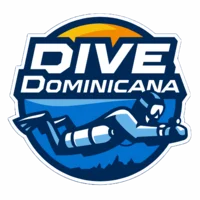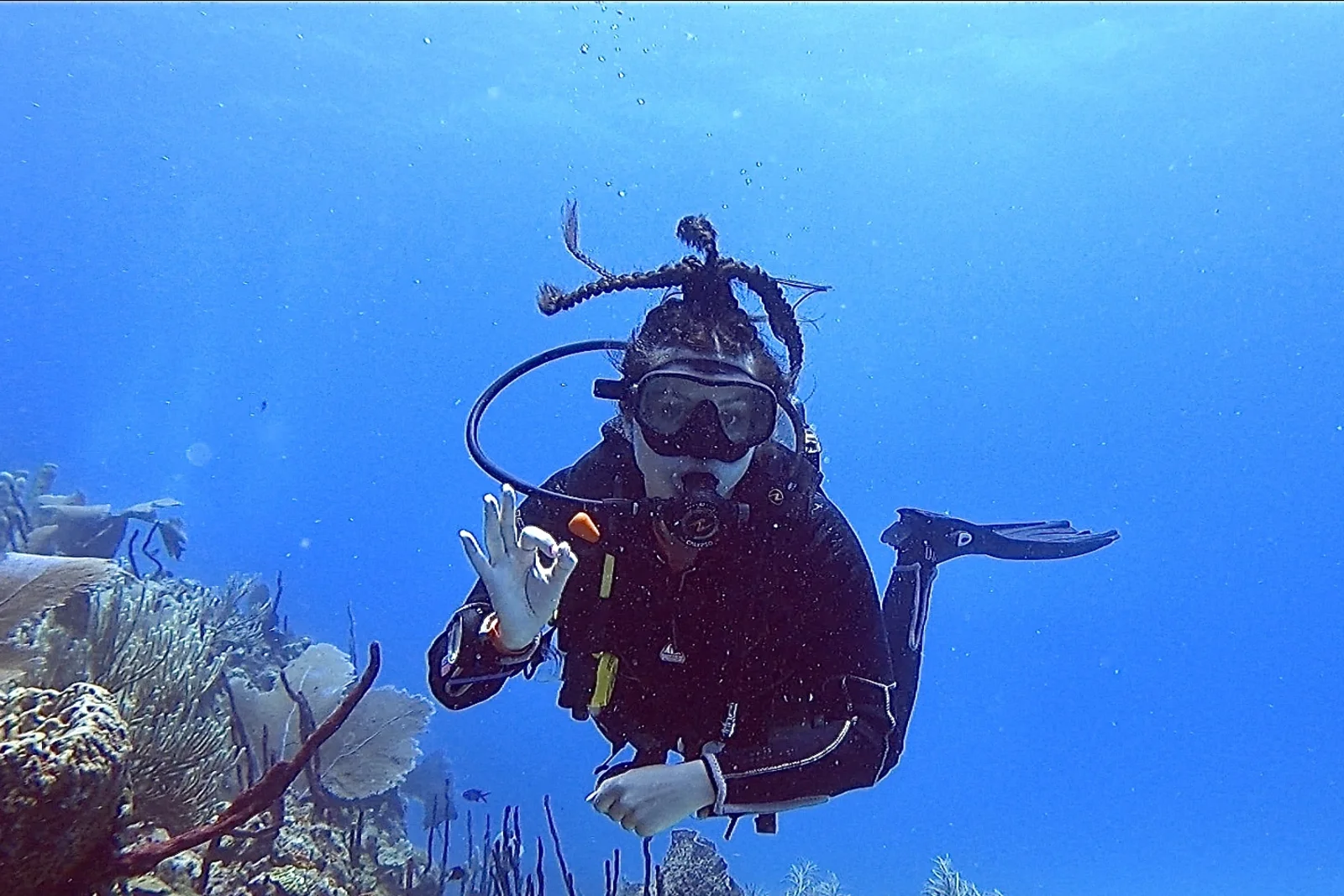Purpose of the course Master Scuba Diver
Master Scuba Diver this program provides the highest level of qualification for recreational divers before entering the professional level of training or technical diving.
Course duration
4 days
Entry Requirements
Qualified Advanced Open Water Diver and Rescue Diver
At least 5 special certificates (specialties).
The main specialties for this qualification are: Deep Diver, EANx Diver, Rescue Diver and Navigation Diver. Other specialties that divers can earn are Night Diver, DPV Diver, Underwater Photographer, Marine Ecology, Boat Diver, Salvage Diver, Drift Diver or other specialty qualifications.
At least 15 years of age with parental or guardian permission.
Age at least 18 years old.
The Ultimate Guide to Master Scuba Diver Certification: Journey, Requirements, and Rewards
Embarking on the journey to become a Master Scuba Diver is akin to attaining a black belt in martial arts within the scuba diving world. It’s a title that speaks volumes about your passion, commitment, and mastery over a wide range of diving skills. But what exactly does it take to achieve this prestigious status, and why should you consider it? This article delves into the world of master scuba diving, outlining the requirements, benefits, and steps to achieve this remarkable designation.
Understanding the Master Scuba Diver Title
The Master Scuba Diver (MSD) certification is often regarded as the pinnacle of recreational diving achievements. Unlike the Divemaster, which is a professional level aimed at those looking to work in the diving industry, the MSD is the highest non-professional level attainable. It signifies an individual who has a broad and deep understanding of various aspects of scuba diving.
Prerequisites for Becoming a Master Scuba Diver
Before you can dream of the MSD title, there are a few boxes you need to tick. Firstly, you must be at least 15 years old (18 without parental permission) and have an Advanced Open Water Diver and Rescue Diver certifications. Additionally, earning at least five special certificates or specialties is a must. These include, but are not limited to, Deep Diver, EANx Diver (nitrox), Rescue Diver, and Navigation Diver.
Core Components of the Master Scuba Diver Program
At its core, the MSD program is designed to transform a competent diver into an expert. The journey includes advanced open water training, rescue diving skills, and a selection of specialty courses that cater to the diver’s interests and the local diving environment.
Specialty Courses for Master Scuba Diver Certification
The specialties are where the fun begins. From exploring the depths beyond 60 feet as a Deep Diver to navigating the underwater world with precision, each specialty you choose adds a new dimension to your diving capabilities. Other popular options include Night Diver, Underwater Photographer, and Marine Ecology, among others.
The Path to Master Scuba Diver Certification
Becoming an MSD isn’t an overnight achievement. It requires dedication, time, and a bit of investment. The program typically spans over several months, depending on how frequently you can dive and complete the courses.
Benefits of Becoming a Master Scuba Diver
Achieving the MSD title is not just about bragging rights (though it’s certainly a feather in your cap). It’s about reaching a level of competence and confidence in the water that enhances every dive experience. It also opens up new opportunities for advanced diving adventures that are only accessible to divers with this level of certification.
Comparing Agencies: PADI vs NAUI Master Scuba Diver Programs
While PADI (Professional Association of Diving Instructors) is perhaps the most recognized certifying agency, NAUI (National Association of Underwater Instructors) also offers a Master Scuba Diver program with its own set of criteria and benefits. Choosing between them often comes down to personal preference and the availability of courses in your area.
Career Pathways After Master Scuba Diver Certification
Though the MSD is a non-professional level, it lays the groundwork for those who wish to pursue diving as a career. Whether it’s moving on to become a Divemaster or a Master Scuba Diver Trainer, the possibilities are as vast as the oceans.
How to Maintain Your Master Scuba Diver Certification
Like any skill, diving proficiency can diminish without practice. Staying active in the diving community, continuing your education, and diving regularly are key to maintaining your skills and certification.
Common Misconceptions About Master Scuba Diver
Many believe the MSD is only for those looking to go pro. However, it’s actually designed for avid recreational divers who want to maximize their skills and experiences underwater.
Preparing for Your Master Scuba Diver Journey
Physical fitness, mental readiness, and choosing the right instructor and dive center are critical steps in your MSD journey. A good instructor can make the process not just educational, but truly transformative.
Conclusion
The road to becoming a Master Scuba Diver is one of the most rewarding journeys a diver can undertake. It signifies a commitment to the sport, a dedication to self-improvement, and a passion for the underwater world. If you’re ready to take your diving to the next level, the Master Scuba Diver certification is your gateway to the ultimate diving adventure.
FAQs
- What’s the difference between a Master Scuba Diver and a Divemaster?
- The Master Scuba Diver is the highest recreational diver rating, focusing on diving skills and specialties. In contrast, the Divemaster is a professional level focusing on leading other divers and assisting with training.
- How long does it take to become a Master Scuba Diver?
- It varies by individual, depending on how many dives and courses you can complete in a given timeframe. On average, it can take several months to a year.
- Can I pursue a career in diving with a Master Scuba Diver certification?
- While the MSD is a non-professional level, it’s a stepping stone for professional certifications like Divemaster and Instructor.
- Is the Master Scuba Diver certification recognized worldwide?
- Yes, certifications from major agencies like PADI and NAUI are recognized globally.
- What are the costs associated with becoming a Master Scuba Diver?
- Costs vary depending on the dive center, location, and number of specialty courses undertaken. It’s best to budget for course fees, equipment, and travel costs for dive trips.

